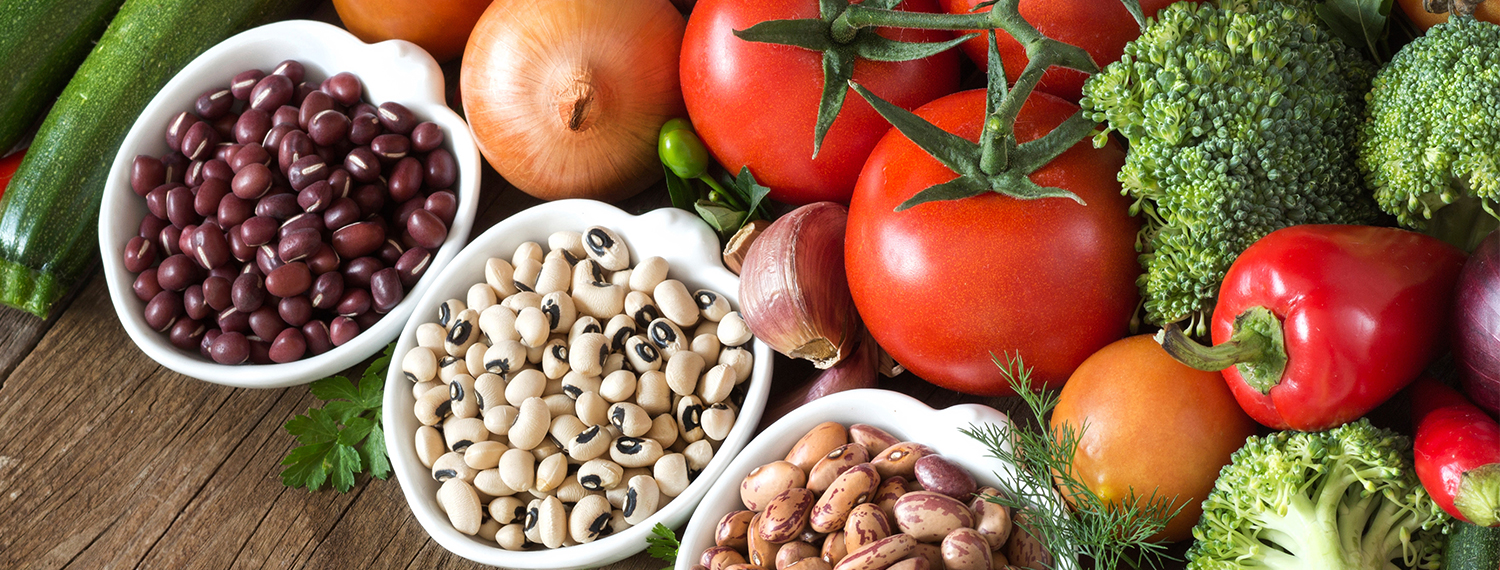“The more I learn, the more I realize how much I don’t know.” Albert Einstein
Sometimes it’s just true.
The more we talk about a subject (and we sure do all talk a lot about our diets and nutrition!), the less we really understand.
That’s why it might be worthwhile to establish some clear vocabulary.
Let’s begin by entering squarely into the ‘hot debate’ of the differences (and similarities) between a vegan versus a whole food, plant-based diet.
A whole food, plant-based diet is all about what it includes—i.e. a plant-based diet that focuses on whole or minimally processed plants such as nuts, legumes, vegetables, fruits, whole grains and seeds while avoiding animal-derived foods. The main tenet behind a whole food, plant-based diet is that processing robs foods of their vital nutrients and their main purpose which is to nourish.
On the other hand, vegan (a word coined as early as 1944 by the Vegan Society) is very much about what it excludes—any animal proteins or animal-based foods. Importantly however, a vegan diet can contain highly processed foods including cheese and meat substitutes as well as cookies and candies.
Furthermore for many vegans, their choices are not just about what they eat but encompass an entire philosophy of life which fights against all forms of animal abuse and exploitation. Simply put, vegans believe that animals shouldn’t be treated as commodities in any way. Vegans don’t wear animal skin and fur, don’t use animal-based products in their households and reject any products of any kind which have been tested on animals.
We would love to see more vegans embrace whole food, plant-based eating, and more whole food, plant-based eaters embrace vegan living. In the meantime, we should all strive for progress, not perfection, and aim for the highest quality nutrition possible while still taking into consideration animal welfare and the environment.


